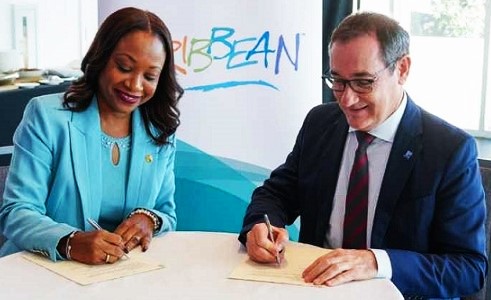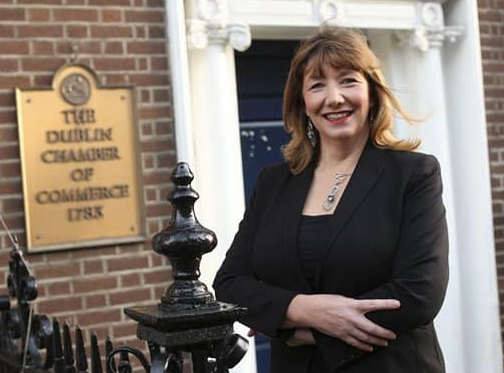McLaren Applied Technologies and the University of Oxford have announced a new partnership that aims to improve the efficiency of patient care and optimise the treatment journey for serious conditions.
The agreement, which was signed at McLaren's headquarters in Woking, will focus on three core areas:
- Surgical simulations and outcomes monitoring – creating programmes which advance surgeon training methods, improve patient preparation for surgery and enhance the monitoring of surgery effectiveness.
- Clinical care optimisation – improving patient care journeys in key need areas, while reducing complications and length of stay in hospital.
- Facilities optimisation - reviewing the management and allocation of critical medical resources (such as emergency departments) and clinical staff in order to optimise efficiency and availability.
The partnership draws on McLaren's rich heritage in simulation technology, data management and predictive analytics, which have been honed for two decades at the pinnacle of motorsport, Formula 1. Utilising this expertise, McLaren and the University of Oxford's leading surgical programmes have jointly developed analysis and decision-making tools which aim to significantly enhance the delivery of key medical services.
Today's announcement sets in motion a three-year partnership, which has potential for expansion beyond the initial project within the NHS. It will also open up new jobs in the joint project team, including students and permanent staff. The partnership has been welcomed by Life Sciences Minister George Freeman and, aims to attract funding as it reaches specific milestones in its growth and development.
During the contract signing, Ron Dennis, chief executive and chairman of McLaren Technology Group, commented: “This exciting new partnership represents the best of engineering in the UK, and could see McLaren Applied Technologies' cutting-edge technology and expertise being applied to the delivery of healthcare solutions in the NHS. Just like Formula 1, clinicians are always trying to push the boundaries of science, constantly exploring the art of the possible and driving innovation in process and procedure. McLaren's data analysis and simulation tools will really add value in this drive to improve patient outcomes.”
Sir John Bell, Regius Professor of Medicine at Oxford, commented: “We are excited about the collaboration with McLaren as it will bring a new type of thinking to the issues of medical technology and efficiency. There are likely to be great benefits to patients that emerge from this interaction.”
Freddie Hamdy, head of the Nuffield Department of Surgical Sciences at Oxford, said: “This invaluable partnership with McLaren takes surgical skills and practice to an unprecedented new level of precision, whilst creating a wonderful new multidisciplinary research platform. It will revolutionise how we deliver excellent care to our patients.”
Minister for Life Sciences, George Freeman, said: “The NHS is already a world leader in developing medical innovations, from pioneering heart bypass technology to genomics. This exciting collaboration between McLaren Applied Technologies and the University of Oxford is a great example of British leadership in 21st Century healthcare, which has the potential to put patients in pole position to access the very best healthcare in the world.”
















